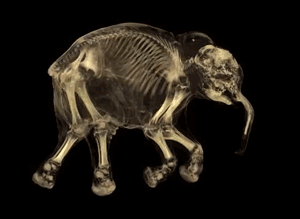Post by mignox on Aug 7, 2019 16:39:14 GMT
After any operation, it can take some time for your appetite to return and, after bowel surgery, it also takes a while for your gut to recover from the trauma. In many hospitals, there are protocols for the reintroduction of fluids and foods to try to build up patients' confidence and to allow the bowel to settle down.
To begin with, it is often easier to cope with a light or easily digestible diet that isn't too spicy, fatty, highly flavoured or too high in fibre. If you had problems tolerating certain foods before your surgery, you may also be particularly anxious about reintroducing a normal diet. If you have lost a lot of weight before and/or immediately following your surgery, then it is really important to try to regain a healthy weight.
Here are some tips:
*Eat small meals, with snacks in-between around 4-6 times per day, especially if your appetite is poor
*Make sure you include some protein-based foods such as meat, fish, eggs, cheese and milk (not just starchy foods like potatoes or bread, even though these may seem safer) at each meal, to aid healing
*Try to eat in a relaxed setting (it can really help!), eat slowly and chew your food well to aid digestion
*For a little while, limit fruit, vegetables, wholegrain bread and cereals, coffee and other bowel stimulants such as alcohol
*Drink plenty of fluid - at least 6 cups a day (or at least 8-10 cups a day if you have an ileostomy)
*Watch out for beers and fizzy drinks, which may cause problems with diarrhoea and wind
To begin with, it is often easier to cope with a light or easily digestible diet that isn't too spicy, fatty, highly flavoured or too high in fibre. If you had problems tolerating certain foods before your surgery, you may also be particularly anxious about reintroducing a normal diet. If you have lost a lot of weight before and/or immediately following your surgery, then it is really important to try to regain a healthy weight.
Here are some tips:
*Eat small meals, with snacks in-between around 4-6 times per day, especially if your appetite is poor
*Make sure you include some protein-based foods such as meat, fish, eggs, cheese and milk (not just starchy foods like potatoes or bread, even though these may seem safer) at each meal, to aid healing
*Try to eat in a relaxed setting (it can really help!), eat slowly and chew your food well to aid digestion
*For a little while, limit fruit, vegetables, wholegrain bread and cereals, coffee and other bowel stimulants such as alcohol
*Drink plenty of fluid - at least 6 cups a day (or at least 8-10 cups a day if you have an ileostomy)
*Watch out for beers and fizzy drinks, which may cause problems with diarrhoea and wind




